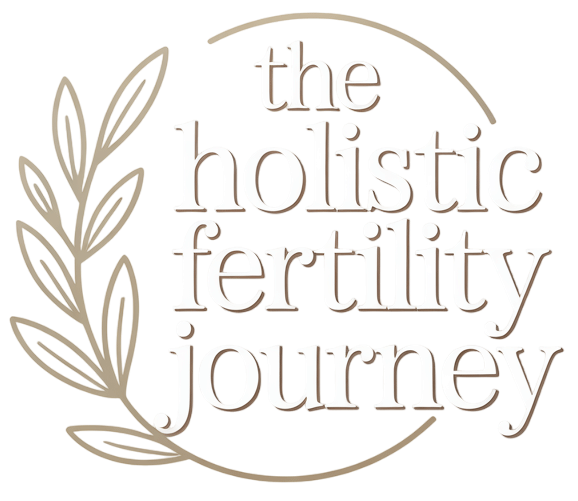Nurturing Mind and Body in Partnership: Beyond the Science
While research continues to uncover new links between mental health, emotions, and reproductive well-being, the lived reality is already clear for many: supporting the mind helps support the body, and vice versa. When we view fertility through this holistic lens, we reclaim space for hope, self-compassion, and growth—on our own terms.
If you’re on this journey:
- Be gentle with yourself and honor the ups and downs.
- Reach out for support when needed—no one is meant to walk this path alone.
- Explore mind-body tools without pressure; the goal is to find what brings you the most peace.
Fertility is never just a medical equation or a state of mind—it’s the intricate dance of a whole person, with body, heart, and mind in conversation every step of the way.
References: Harvard Medical School, Human Reproduction, Fertility and Sterility, Journal of Andrology, American Psychological Association, Domar et al., Pennebaker, Sleep, Frontiers in Endocrinology, Reproductive Biomedicine Online, Journal of Obstetrics and Gynaecology Research, Journal of Psychosomatic Obstetrics & Gynecology.
